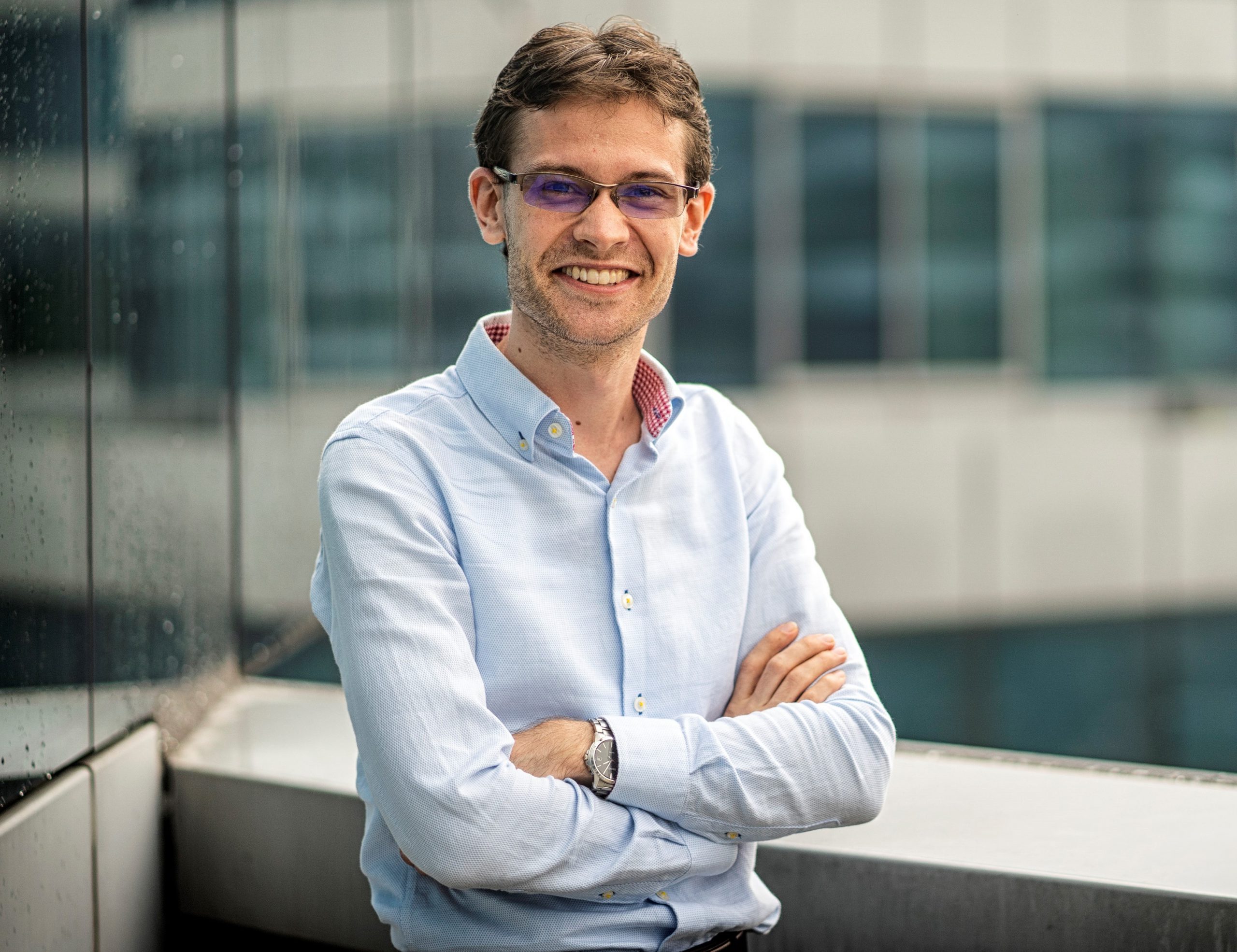Growing up among the polders and pumping stations of North Holland, it was little surprise that Gerard Pijcke gravitated towards hydraulics and water resources management when pursuing his civil engineering degree at Delft University of Technology (TU Delft).
His father’s love for nature had opened his eyes to the natural challenges and opportunities water presented to a country that had spent centuries trying to tame the tide – including the critical role that rapidly evolving technology could play.
Yet, as he contemplated doing his Masters in 2011, he had the desire to apply his knowledge beyond the Netherlands, in countries that were still evolving their approaches to managing water. And Singapore was at the top of his list.
“What makes Singapore exciting is that climate adaptation plans are in the process of being developed and it is ambitious in areas like aquaculture, so there is a lot that can be done,” he says.
At TU Delft, he was already convinced about the promise technology held for water management – modelling and sensors were becoming increasingly popular, even if the full potential of Artificial Intelligence and Machine Learning would only become clear later.
“At that time, modelling and technology allowed us to get around sampling data at a single point in time, at a single location – an old-fashioned approach that took a lot of time and yielded limited data. It was a time of change, with the emerging possibilities of collecting data continuously and from multiple locations.”
It drew him to pursue a double Masters degree offered by TU Delft and the National University of Singapore – and he has not looked back since. In January 2013, he packed his bags for Singapore. The following year, double MSc degree in hand, he took on the role of research assistant at NUS.
In 2016, Gerard joined the Hydroinformatics Institute, a trailblazer in the application of technology to challenges like climate change and flooding. This month, he became the technology scale-up’s Chief Consultancy Officer – and he has ambitious plans for its growth.
As project lead on several high impact national and regional projects, Gerard has had a front row seat to leading edge projects on water quality modelling and management. He was a consultant for studies on how Singapore’s growing aquaculture industry was being impacted by the water bodies around them, and has also consulted on projects on managing everything from oil spills to reservoir water quality.
A combination of monitoring, sampling, modelling and using operational management systems can plug critical hydro-ecological knowledge gaps, and allow national agencies to better anticipate – and act on – potential problems.
Going forward, he sees a stronger role for Artificial Intelligence, Machine Learning and analytics in areas like forecasting coastal water quality, and the development of adaptation measures for Singapore’s vulnerable coastline and key industries.
“Climate change is the defining issue of the 21st century. It threatens livelihoods in ways we have never seen before, and every nation has to deal with it. In Singapore, there is a real need to manage what lies ahead,” he says.
Today, technology, including the use of IoT-enabled sensors, allows an increasing number of metrics to be measured in real-time and provides continuous data in areas like rainfall and water quality. Satellite data provides a much wider spatial view, while deep learning and machine learning means being able to pull together multiple data sources for analytics and predictions, he adds.
“It’s not unlike the weatherman. Modelling and projections being done at H2i provide government agencies with real-time insights. The more data we have, the more we can say about the future, and the more certain we can be. As technology improves – as it inevitably will – a lot more will become possible,” says Gerard.

0 Comments